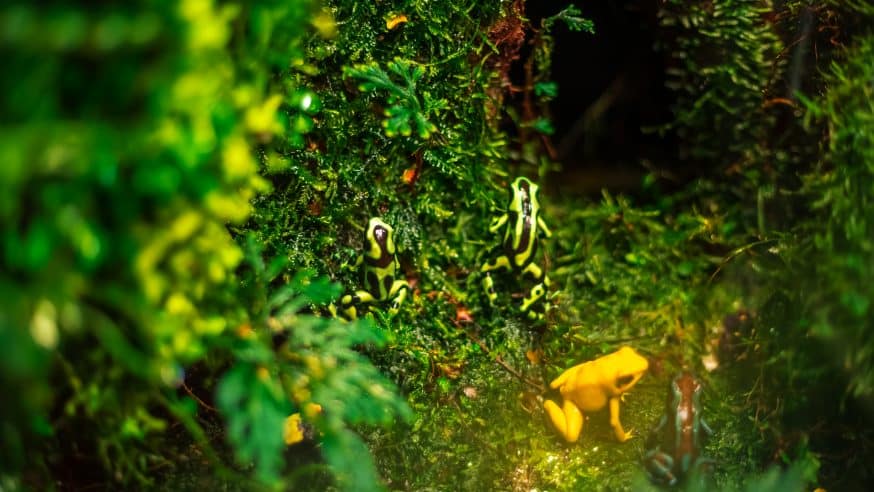AP7 has invested two billion kroner in a green bond issued by the International Finance Corporation (IFC) to promote biodiversity. AP7 has prematurely achieved its goal that green bonds should amount to 50 percent of the capital in AP7 Interest Fund.
The International Finance Corporation (IFC) is part of the World Bank. The five-year bond issued by IFC intends to contribute to biological diversity. The IFC has published a guide on biodiversity financing and a report on key figures for measuring the impact of projects on nature. IFC’s key figures are compatible with TNFD’s framework for managing and reporting nature-related risks.
– The issue of biological diversity has long been overshadowed by the climate issue, but has received greater global attention in recent years. It is a focus issue for AP7 where we had the opportunity to contribute to the development of the TNFD framework. In connection with the IFC expanding its framework for green bonds, the IFC has made it possible for us to contribute also through financing, says Flora Gaber, Responsible ESG analysis AP7.
AP7’s Fixed Income Fund amounts to over SEK 150 billion and green bonds make up just over 50 percent, corresponding to approximately SEK 75 billion, of the fund’s managed capital. The fund has thus achieved its goal for green bonds in 2025 ahead of schedule.
– AP7 greatly appreciates the opportunities that the World Bank’s green bonds bring. It enables AP7 to be involved in financing environmental projects in the world where the need and climate benefits are greatest, but where the risks were previously too great to lend money to projects, says Ulrika Lindén, Senior portfolio manager AP7.
Examples of projects to which the bond will contribute are BTG Pactual Timberland Investment Group’s strategy for restoring forests in Latin America and BBVA Colombia’s biodiversity bond, which aims to renew original forests in Colombia.
Source
